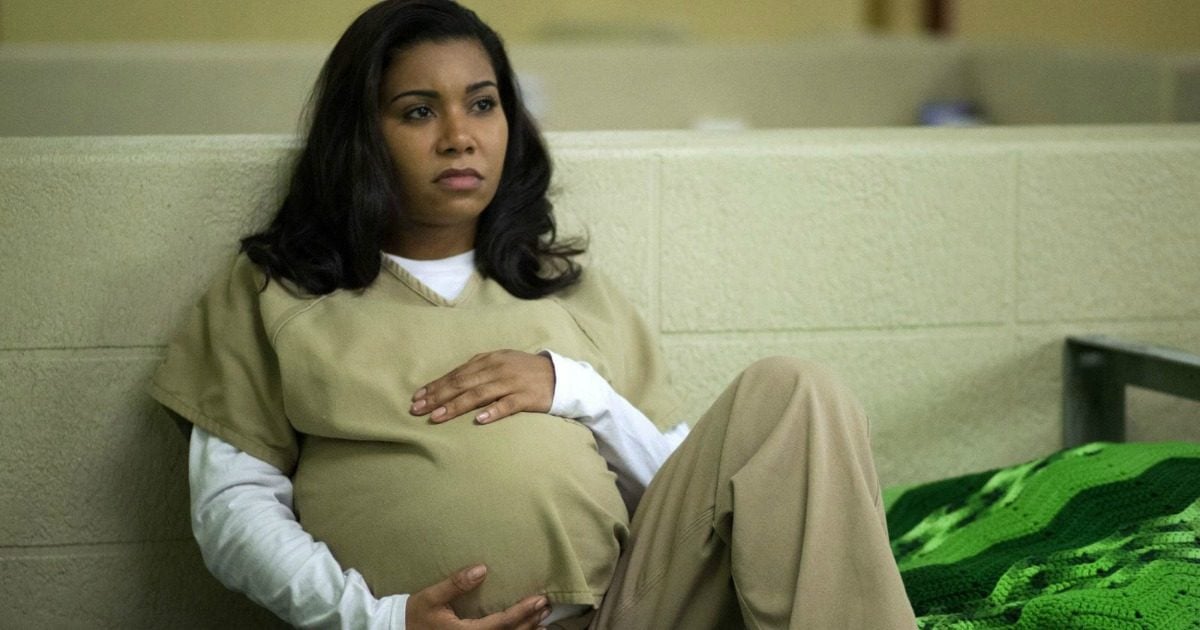
“It was a very painful process, because I knew the minute she was born, they were going to take her off me. So every moment of birth I fought it. ‘Keep her inside, she’s yours. The minute she’s out, she’s not.’
“That was not a happy time. I got about an hour with her, and then she started to get hungry. I couldn’t stand the thought of them taking her first, I had to take myself out of the room first.”
Lindy Chamberlain was sent to jail in the 1980s over the death of her two month old daughter Azaria, a crime she didn’t commit and was later exonerated for.
But during the three years she did spend behind bars, Lindy gave birth to her daughter Kahlia, a process that was incredibly painful as she described recently to the ABC.
Listen to The Quicky explore motherhood behind bars. Post continues after podcast.
In those days, there was no such thing as a mothers and children’s program in Australian prisons, and even if there were, it was unlikely Lindy would have been able to keep her daughter given the nature of the ‘crime’ she was in there for.
Nowadays, giving birth in prison is a very different experience. Every state and territory has legislation in place to accommodate babies behind bars – although there are limited spaces.
In South Australia, children are allowed to stay until they’re three, but in New South Wales they can stay until they turn six.
The children don’t stay in a cell, they live on prison grounds in a little cottage or unit-type set up with their mum. It looks domestic, not custodial – but the doors are locked.
Pregnant women behind bars still get all the prenatal care they would on the outside, and when it’s time to give birth they are taken to hospital. They are returned to prison with their baby, if the child is well enough to come with them.

Top Comments
I don't know, it sounds peachy,but these gals are to be punished there. Not free rear your family for FREE. Not on mine dime!
Mums should not be allowed their kids with them!? Serve your time in a cell with the rest of the PRISONERS. What's next? air con and tvs..Oh..hang on..people behind bars are more privileged than some people who aren't in prison. Brb going to steal a car.